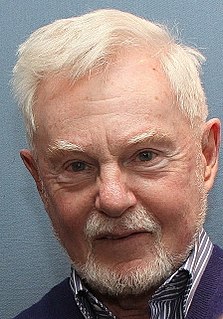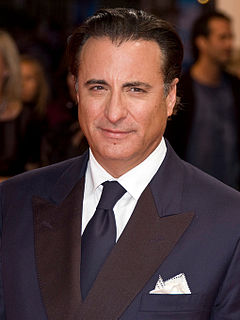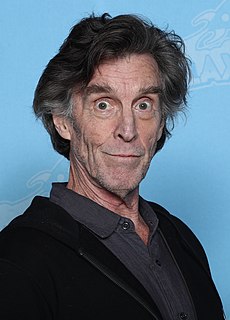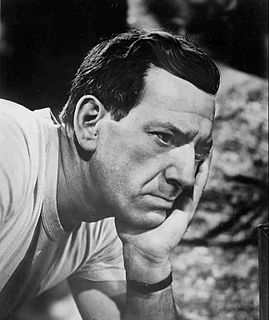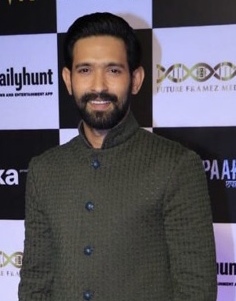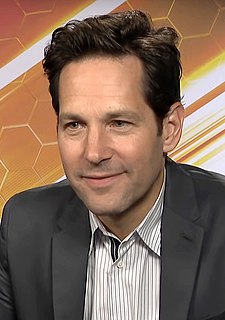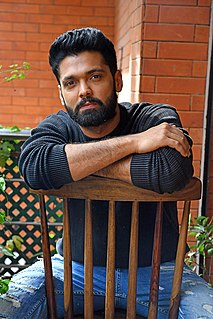A Quote by Chiwetel Ejiofor
Certainly what constitutes a stage actor, what constitutes a film actor, I don't even know what that is. And both things are very accurate, in a sense. In terms of people's needs to concentrate on race, I wonder if it's completely necessary, but it's not something that is so dynamically relevant to me that I feel it should be one thing or another.
Related Quotes
I think the media in America have been absolutely fantastic about the rise of Trump, they've kept a firm eye on the ball: this constitutes democracy, this constitutes transparency, this constitutes fairness, this constitutes the way to behave in a civic society, this constitutes fascism, this constitutes authoritarianism. They're drawing that line, and they're calling him out every time. That's really what needs to happen, and you just have to do that.
Identity is a very difficult thing in the theatre. As an actor said to me one day, 'What are we doing today?' when we were doing a workshop. And I said, 'Oh, just be yourself'. And he said to me, 'I don't know who that is, I'm an actor'. And I begin to realise in fact that we seek identity because we're told we should have one, but I wonder whether it's necessary.
I started in comedy when I first started as an actor on stage and doing improvisational theater and stuff like that. So a lot of people who know me know that sort of side of me. But I got the roles that I got as an young actor kind of steered me in a different direction, which were, at times, darker characters. And so comedy was not something that came easy for people to think of my in those terms.
The only tool we have as artists is selectivity. If you're a painter, you select the color, the lines, how severe they should be. As an actor you develop how angry you should be. You select how angry you should be. You listen to the other actor and then you react. In film, sometimes the other actor isn't even there. You have to play the scene. What I do is I call on my experience on the stage. I play the scene and I hope that I reach a certain level of integrity because that's what I learned on the stage.
Being an actor in TV or movies is different. A film or TV actor, if put in theatre, won't know certain dimensions, while a theatre actor won't know certain things when he comes before the camera. So I think a film actor can learn emoting from this theatre counterpart, while the theatre actor can learn about camera techniques from the film actor.
To me, when one is writing sometimes about a very specific subject with very specific people, I feel like if that story doesn't cross over, it's not working. That's very beautiful to me, to be sitting in Berlin and there's an actor reading my book in German. I don't even know what's going on, except I know to feel my own rhythms in another language and say, "If this is going well, I think everyone should laugh around now." Then maybe there's laughter, and for me, it reminds me of how story can move around the world.
I try not to think of myself in any category, and I don't ever really try to imagine myself competing with another actor. I just know I want to do the things that I would want to see, and I know the things that turn me on, whether it's on the stage, or it's a play or a film. I just kind of want to keep doing my own thing.
In terms of trying to improve as an actor, for me it's always important to return to the stage. After doing a piece of theater for a prolonged period, I can think I must have surely improved in some way as an actor - you must be fitter than you were prior to doing it. For me, theater is very, very important in keeping things fresh and dangerous.



